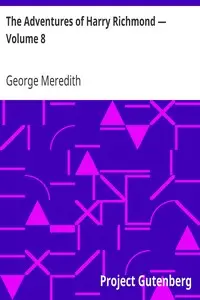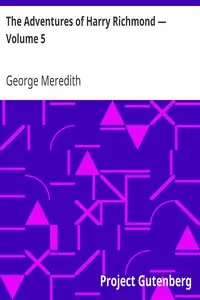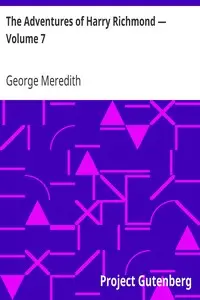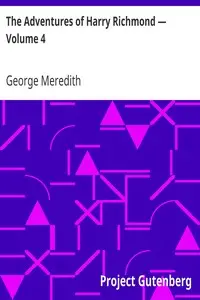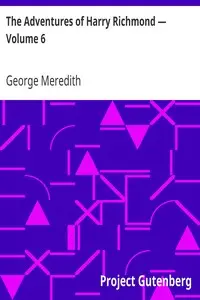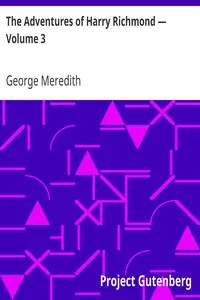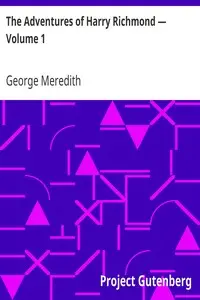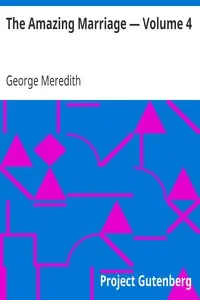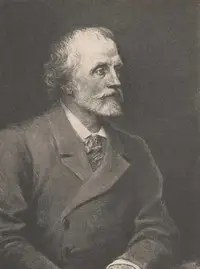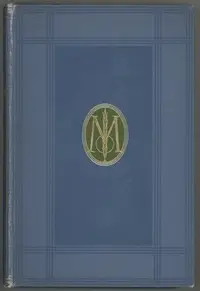"The Adventures of Harry Richmond — Complete" by George Meredith is a story that plunges into the life of young Harry Lepel Richmond, whose world is turned upside down by his family's tangled drama, especially his parents' rocky relationship. Told from Harry's perspective, the story follows his childhood escapades, family challenges, and the pressures of society. The book kicks off at Riversley Grange, Harry's home with his grandfather, Squire Beltham, and other relatives. The calm is shattered one night by the sudden arrival of Mr. Richmond, Harry's dad, who's been away and wants to make amends with his wife, Marian. This visit sparks anger, mostly from the Squire, who holds a grudge against Mr. Richmond for past wrongs. The intense confrontation highlights themes of family loyalty, love, and discord. As the book begins, this event sets the stage for Harry's journey through youth, deeply impacted by the difficulties of his parents' relationship.
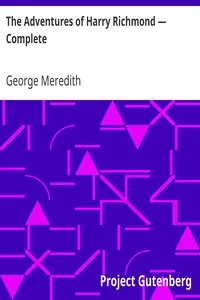
The Adventures of Harry Richmond — Complete
By George Meredith
A young boy's life is thrown into chaos when his estranged father appears, stirring up old family wounds and challenging everything he knows about love and loyalty.
Summary
About the AuthorGeorge Meredith was an English novelist and poet of the Victorian era. At first, his focus was poetry, influenced by John Keats among others, but Meredith gradually established a reputation as a novelist. The Ordeal of Richard Feverel (1859) briefly scandalised Victorian literary circles. Of his later novels, the most enduring is The Egoist (1879), though in his lifetime his greatest success was Diana of the Crossways (1885). His novels were innovative in their attention to characters' psychology, and also portrayed social change. His style, in both poetry and prose, was noted for its syntactic complexity; Oscar Wilde likened it to "chaos illumined by brilliant flashes of lightning". Meredith was an encourager of other novelists, as well as an influence on them; among those to benefit were Robert Louis Stevenson and George Gissing. Meredith was nominated for the Nobel Prize in Literature seven times.
George Meredith was an English novelist and poet of the Victorian era. At first, his focus was poetry, influenced by John Keats among others, but Meredith gradually established a reputation as a novelist. The Ordeal of Richard Feverel (1859) briefly scandalised Victorian literary circles. Of his later novels, the most enduring is The Egoist (1879), though in his lifetime his greatest success was Diana of the Crossways (1885). His novels were innovative in their attention to characters' psychology, and also portrayed social change. His style, in both poetry and prose, was noted for its syntactic complexity; Oscar Wilde likened it to "chaos illumined by brilliant flashes of lightning". Meredith was an encourager of other novelists, as well as an influence on them; among those to benefit were Robert Louis Stevenson and George Gissing. Meredith was nominated for the Nobel Prize in Literature seven times.

